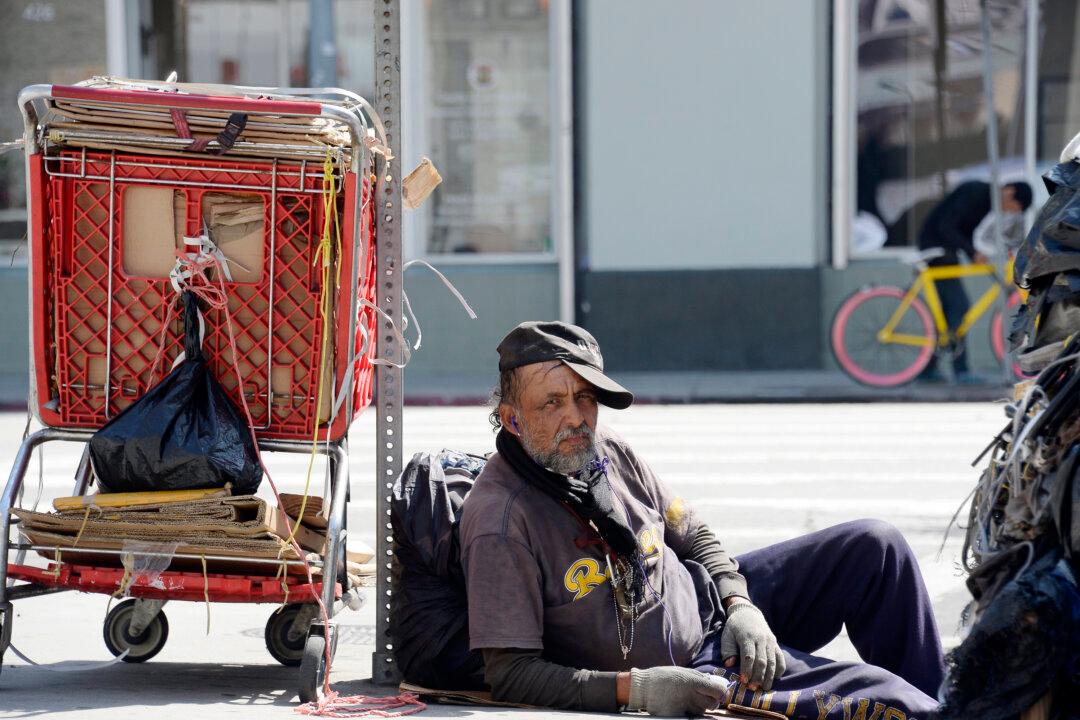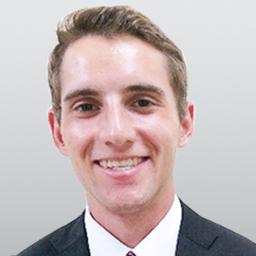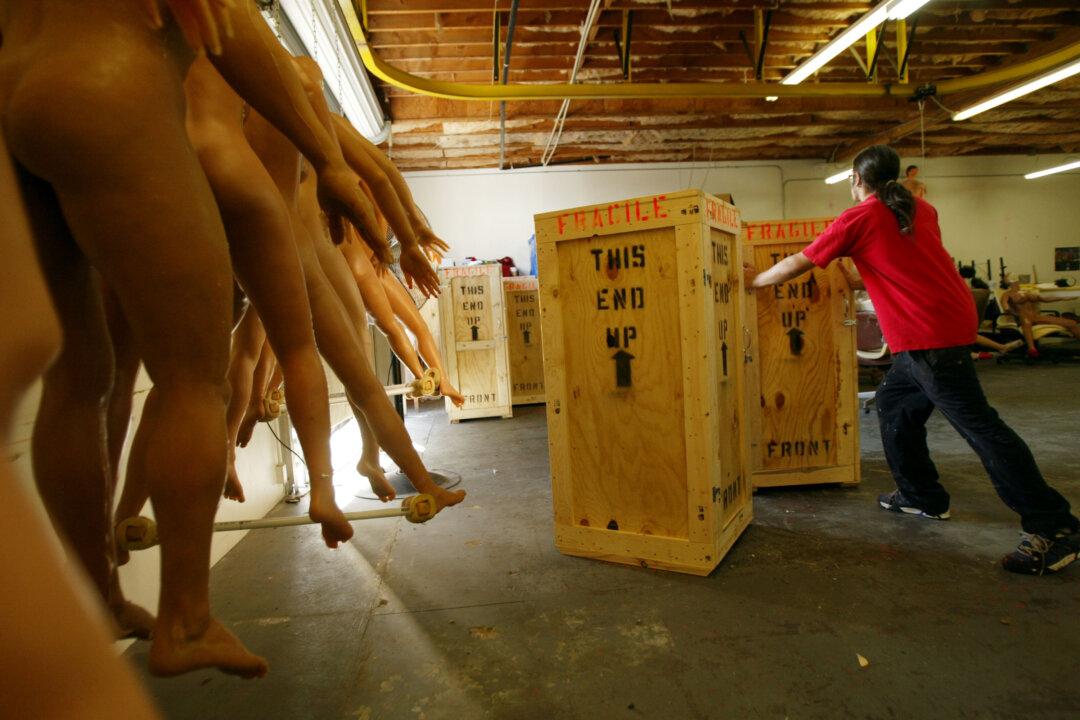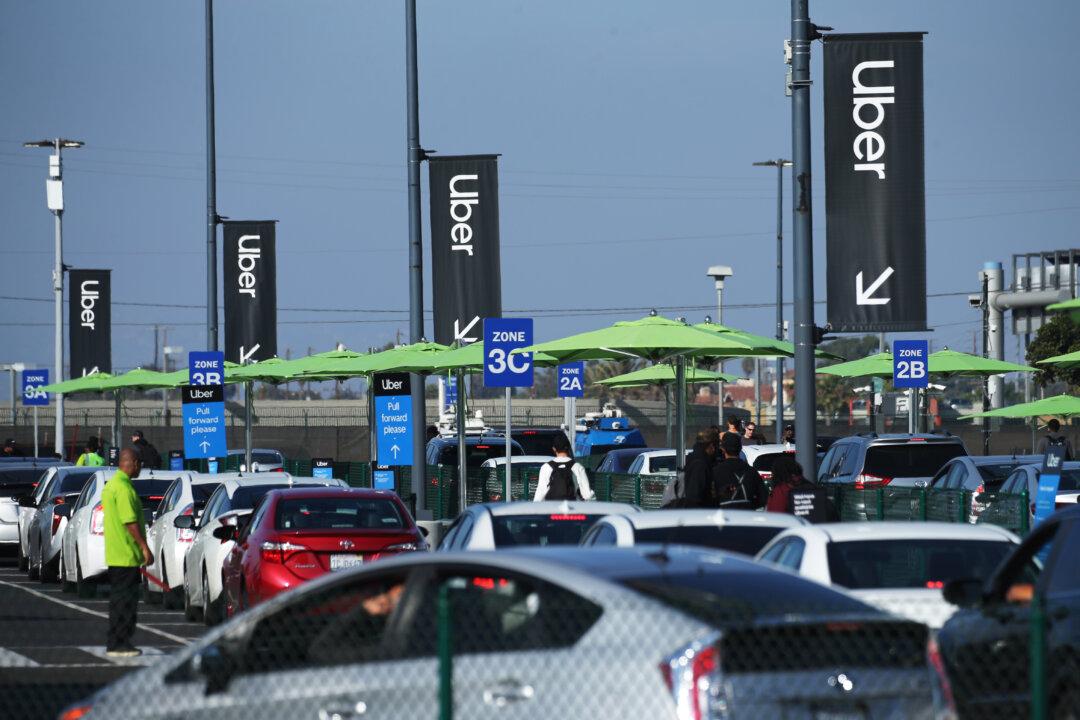Laguna Beach is often known as a liberal island in the otherwise conservative Orange County in California. However, in the 2018 midterms, an independent with a conservative law and order platform won a seat on the city council with more votes than any other council member in that election.
Peter Blake manages an art gallery in Laguna and has been a resident for 30 years. He ran for office the first time in his life after becoming frustrated with the lack of action on the issues of homelessness, crime, budgets, defending property rights, and cronyism.





